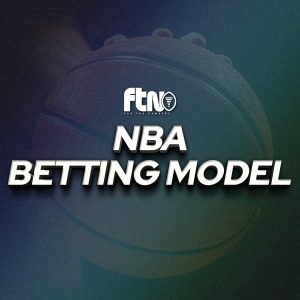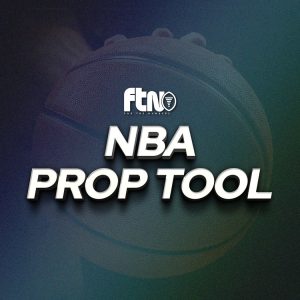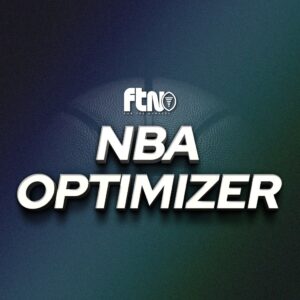
Last week, we had our annual look at passing plus-minus. It turns out, however, that years of careful research has shown that it takes two players to complete a pass, with one of them being the guy who catches it. Maybe that’s why they’re getting paid so much money these days.
This offseason has seen a rash of new deals for wide receivers. Justin Jefferson, A.J. Brown, Amon-Ra St. Brown, Jaylen Waddle and DeVonta Smith have all signed deals worth more than $25 million a year as teams look to lock up their superstar receivers for the foreseeable future. Four of those five names feature near the top of our plus-minus leaderboards, but none of them quite hit the top. Instead, those honors go to a pair of receivers waiting for their next deals.
Receiving plus-minus is a stat we annually track to help provide context to catch rate. Given the location of a receiver’s targets, it compares his catch rate in each area to historical baselines. This stat does not consider passes listed as “Batted Down”, “Hit as Thrown”, “Thrown Away” or “Miscommunication” by FTN charting.The odds of a pass being completed are based on the pass distance, the distance required for a first down, and whether the ball was thrown to the left, middle, or right side of the field. This is a counting stat, so more targets are obviously a great thing for the purposes of what we’re talking about here.
Past leaders in this category include 2022 Justin Jefferson (+14.9), 2021 Cooper Kupp (+17.3), 2020 Stefon Diggs (+17.4) and 2019 Michael Thomas (+24.9), so this stat lines up pretty well with the best of the best – you’re mixing volume with talent, so the top of this list are pretty much all going to be the best receivers in the league. It’s a good group to be a part of, at any rate. Let’s dive in.
2023 Wide Receivers
A total of 81 wide receivers qualified last season, but we’ll just show the 20 from the top and bottom of the rankings to save space here. Each receiver’s plus-minus can be found in FTN Football Almanac 2024 (coming this July!).
| 2023 Wide Receivers: Top 20 in Plus/Minus | |||||
| Rk | Player | Team | Pass | C% | +/- |
| 1 | CeeDee Lamb | DAL | 175 | 77% | 17.7 |
| 2 | Brandon Aiyuk | SF | 100 | 75% | 14.8 |
| 3 | D.J. Moore | CHI | 130 | 74% | 11.3 |
| 4 | Tyreek Hill | MIA | 167 | 71% | 11.2 |
| 5 | Keenan Allen | LAC | 144 | 75% | 11.2 |
| 6 | DeVonta Smith | PHI | 110 | 74% | 10 |
| 7 | A.J. Brown | PHI | 152 | 70% | 9.7 |
| 8 | Nico Collins | HOU | 107 | 75% | 9 |
| 9 | Michael Pittman | IND | 145 | 75% | 8.1 |
| 10 | Justin Jefferson | MIN | 96 | 71% | 7.8 |
| 11 | Adam Thielen | CAR | 137 | 75% | 7.1 |
| 12 | Amon-Ra St. Brown | DET | 160 | 74% | 5.9 |
| 13 | Jordan Addison | MIN | 102 | 69% | 5.4 |
| 14 | Christian Kirk | JAX | 80 | 71% | 4.8 |
| 15 | Brandin Cooks | DAL | 81 | 67% | 4.7 |
| 16 | Mike Evans | TB | 126 | 63% | 4.1 |
| 17 | Wan’Dale Robinson | NYG | 75 | 80% | 4.1 |
| 18 | Courtland Sutton | DET | 86 | 69% | 4 |
| 19 | Chris Olave | NO | 135 | 64% | 3.9 |
| 20 | Zay Flowers | BAL | 104 | 74% | 3.8 |
Both CeeDee Lamb and Brandon Aiyuk skipped mandatory minicamp this year, racking up fines as they negotiate with the Cowboys and 49ers for new contracts. Both of them are entering the last years of their deals, scheduled to make between $14 and $18 million, and both would like new deals recognizing their status as two of the top receivers in the league. These numbers scream that Dallas and San Francisco should just pay the men and get it over with.
Lamb is your volume leader, with his +17.7 number being the highest since Thomas in 2019. There were points in 2023 where it felt like the Cowboys offense solely ran through Lamb, as he received at least nine targets in every game from Week 7 on. But volume alone doesn’t propel you to the top of the leaderboards and the connection between Lamb and Dak Prescott was outstanding. It seems the sort of thing you’d want to build your offense around for the long term; a combination that could define your team for a generation. It might be worth trying to get some of those guys under contract, is what we’re saying.
Lamb has gotten better and better in this stat every year, going from +0.3 to +4.6 to +8.2 to +17.7 in his four years in the league. It’s not just a function of more targets, either, as his rate has improved too – he had a reception percentage over expectation (RPOE) of 10.1%, second among qualified receivers. It’s not that no one on Dallas helped him out – Brandin Cooks bounced back from a down year in 2022 to record a +4.7 number on his own – but Lamb was clearly the straw that stirred the Cowboys’ drink in 2023.
Lamb finished second to Aiyuk in rate. The 49ers have too many weapons for anyone to approach Lamb’s target volume, but Aiyuk ended up with a 14.8% RPOE, allowing him to come in a comfortable second place to Lamb in volume. 14.8% isn’t quite a record, but it’s up there. It’s the highest for any qualified receiver since Tyler Lockett had 27.2% in 2018. If you extend that out to requiring at least 100 targets, it’s the third-best season we’ve ever recorded behind a couple of Drew Brees’ favorite targets.
| Best WR RPOE, 2006-2023, Min 100 Targets | ||||
| Year | Player | Team | +/- | RPOE |
| 2018 | Michael Thomas | NO | 24.2 | 16.6% |
| 2011 | Marques Colston | NO | 16.3 | 15.5% |
| 2023 | Brandon Aiyuk | SF | 14.8 | 14.8% |
| 2019 | Michael Thomas | NO | 24.9 | 13.9% |
| 2009 | Reggie Wayne | IND | 17.1 | 12.8% |
| 2007 | Reggie Wayne | IND | 18.2 | 12.8% |
| 2019 | Tyler Lockett | SEA | 13.6 | 12.6% |
| 2013 | Jordy Nelson | GB | 14.2 | 12.1% |
| 2021 | Hunter Renfrow | LV | 14.6 | 11.8% |
| 2014 | Emmanuel Sanders | DEN | 16.3 | 11.7% |
This is not traditionally how Kyle Shanahan’s wide receivers win; we’ll get to that in a couple weeks when we do YAC+. Deebo Samuel just missed the worst end of the table with a -2.7 plus-minus and it was actually Ray-Ray McCloud who finished second among 49ers wideouts at +1.1. Aiyuk is the San Francisco wide receiver who would be easiest to slot into another team and still produce. He’s the most traditionally successful of the 49ers’ options. You need to have a specific usage pattern in mind to get the most out of Samuel. Aiyuk is just a really good standard-brand NFL wide receiver, and he should also go ahead and get paid now.
There is ongoing debate about which team has the best 1-2 punch in the league at receiver, and this stat backs Philadelphia’s DeVonta Smith and A.J. Brown. Their combined +19.7 isn’t quite the top in the league for a teams’ best two wideouts – that’d be the Cowboys at +22.4, with Lamb doing the lion’s share of the work – but it’s impressive to have two wideouts in the top 10 in a counting stat. There’s only so much ball to go around! Smith, Brown, Justin Jefferson and Amon-Ra St. Brown all finish in the top 12 with their shiny new contracts; Jaylen Waddle (+1.8) was the odd one out of the new money crew.
| 2023 Wide Receivers: Bottom 20 in Plus/Minus | |||||
| Rk | Player | Team | Pass | C% | +/- |
| 62 | Amari Cooper | CLE | 124 | 58%% | -3.1 |
| 63 | Jaxon Smith-Njibga | SEA | 90 | 70% | -3.2 |
| 64 | Quentin Johnston | LAC | 67 | 57% | -3.2 |
| 65 | Cooper Kupp | LAR | 91 | 65% | -3.6 |
| 66 | DeMario Douglas | NE | 75 | 65% | -3.6 |
| 67 | Zay Jones | JAX | 62 | 55% | -4.1 |
| 68 | Trey Palmer | TB | 66 | 59% | -4.1 |
| 69 | Christian Watson | GB | 53 | 53% | -4.1 |
| 70 | Calvin Ridley | JAX | 132 | 58% | -4.2 |
| 71 | Alec Pierce | IND | 63 | 51% | -4.4 |
| 72 | DeAndre Hopkins | TEN | 131 | 57% | -4.5 |
| 73 | Rondale Moore | ARI | 60 | 67% | -5.1 |
| 74 | Davante Adams | LV | 168 | 61% | -6.2 |
| 75 | Robert Woods | HOU | 69 | 58% | -6.4 |
| 76 | Elijah Moore | CLE | 101 | 58% | -6.8 |
| 77 | Allen Lazard | NYJ | 49 | 47% | -7.8 |
| 78 | Darnell Mooney | CHI | 59 | 53% | -8.2 |
| 79 | Marquise Brown | ARI | 95 | 54% | -8.9 |
| 80 | Garrett Wilson | NYJ | 158 | 60% | -9.7 |
| 81 | Jonathan Mingo | CAR | 82 | 52% | -10.3 |
Flipping to the bottom of the list, Jonathan Mingo had a terrible rookie year. His -47.2% DVOA was the worst for a qualified rookie ever, and a complete inability to connect with Bryce Young is a large part of it. Have heart, though! A plus-minus of -10.3 would normally not be the worst in the league; last year, that mark was held by Deebo Samuel at -11.0, and Robby Chosen (then Anderson) was at -17.0 the year before. Mingo saw his numbers improve ever-so-slightly as the year went along, so maybe there’s some hope for him yet. He is not penciled in as a starter for Carolina next year for obvious reasons.
The worst wideout in terms of rate was Allen Lazard. Signed to the Jets as one of Aaron Rodgers’ buddies, it’s safe to say he had no chemistry whatsoever with Zach Wilson and company. Lazard’s -15.9% RPOE was well below his historic norms, though he had already fallen quite a bit in 2022. He, too, is not likely to play much of a role in 2024.
Garrett Wilson, however, is expected to see a major role with a Jets team that plans to contend. He finished second worst in plus-minus in part because of volume, but his -6.2% RPOE was 12th worst. Wilson would really love to see even baseline competent quarterback play at some point in his career. That -6.2% looks bad, but every other Jets wide receiver with at least 10 targets was at -8.0% or lower. It was still a decline from Wilson’s rookie numbers, but he was doing the best he could in a pretty awful situation. Even a diminished Aaron Rodgers should give Wilson something more to work with in 2024.
2023 Tight Ends
A total of 52 tight ends qualified last season, but we’ll just show the 15 from the top and bottom of the rankings to save space here.
| 2023 Tight Ends: Top 15 in Plus/Minus | |||||
| Rk | Player | Team | Pass | C% | +/- |
| 1 | Evan Engram | JAX | 139 | 82% | 9.4 |
| 2 | Dalton Kincaid | BUF | 88 | 83% | 8.6 |
| 3 | Cole Kmet | CHI | 88 | 83% | 8.5 |
| 4 | T.J. Hockenson | MIN | 123 | 77% | 7.7 |
| 5 | Travis Kelce | KC | 118 | 79% | 7.3 |
| 6 | Trey McBride | ARI | 103 | 79% | 5.9 |
| 7 | George Kittle | SF | 89 | 73% | 4.9 |
| 8 | Durham Smythe | MIA | 42 | 83% | 4.8 |
| 9 | Tyler Conklin | NYJ | 80 | 76% | 4.1 |
| 10 | Taysom Hill | NO | 39 | 85% | 3.4 |
| 11 | Tanner Hudson | CIN | 49 | 80% | 3.3 |
| 12 | Daniel Bellinger | NYG | 28 | 89% | 3 |
| 13 | Colby Parkinson | SEA | 31 | 81% | 2.5 |
| 14 | Mark Andrews | BAL | 60 | 75% | 2.4 |
| 15 | Tommy Tremble | CAR | 29 | 79% | 2.3 |
This was an odd year for tight ends, at least in this stat. Normally, the top and bottom of the list are both filled with the best and worst players, much like they are for wide receivers. In 2023, however, this was very much a situational stat.
Evan Engram is interesting. He runs away with the lead here at +9.4, but does so on a humongous volume of targets. He leads the league despite finishing 31st in DVOA at -4.6%. What happened here?
Engram had the 10th-lowest aDOT among qualified tight ends at 5.2, as he was not asked to do much downfield. He also didn’t add much in terms of YAC, so there were a lot of receptions that didn’t go anywhere – remember, he led all receivers in failed receptions by a substantial margin. But those short passes aren’t 100% guaranteed catches. Our model says that a player should be expected to catch 75.3% of Engram’s targets from 2023; he instead caught 82.0%.
And so Engram nickeled and dimed his way to the top of the list. There is certainly value to be had in catching nearly everything thrown your way; there’s only so much Engram can do about his usage in Jacksonville’s offense. But this is a stat Travis Kelce has led in in three of the last four years, with Mark Andrews winning it in 2021. Guys like Kelce, George Kittle and even Cole Kmet are hovering near the top of the leaderboard after finishing in the top 10 in DVOA last season. But no, it’s Engram (and to a lesser extent Dalton Kincaid) who top the list this year.
Durham Smythe led tight ends in rate with an 11.8% RPOE. A clear fourth banana to Tyreek Hill, Jaylen Waddle and even De’Von Achane in the passing game, Smythe found himself wide open on a frequent basis.
| 2023 Tight Ends: Bottom 15 in Plus/Minus | |||||
| Rk | Player | Team | Pass | C% | +/- |
| 38 | Drew Sample | CIN | 27 | 81% | 0.6 |
| 39 | Kylen Granson | IND | 46 | 65% | -0.8 |
| 40 | Irv Smith | CIN | 25 | 72% | -1 |
| 41 | Kyle Pitts | ATL | 85 | 62% | -1.2 |
| 42 | Mike Gesicki | NE | 44 | 66% | -1.3 |
| 43 | Tyler Higbee | LAR | 67 | 70% | -1.4 |
| 44 | Gerald Everett | LAC | 68 | 75% | -1.4 |
| 45 | Adam Trautman | DEN | 34 | 65% | -1.7 |
| 46 | Connor Heyward | PIT | 33 | 70% | -2.2 |
| 47 | Cade Otton | TB | 67 | 70% | -2.3 |
| 48 | Dawson Knox | BUF | 34 | 65% | -2.3 |
| 49 | Hayden Hurst | CAR | 29 | 62% | -2.7 |
| 50 | Zach Ertz | ARI | 42 | 64% | -3.3 |
| 51 | Juwan Johnson | NO | 58 | 64% | -4.1 |
| 52 | David Njoku | CLE | 116 | 70% | -7.2 |
David Njoku finishes last here, with the somewhat impressive achievement of hitting negative values with four different quarterbacks over the course of the year. From best connection to worst, Njoku had -0.6 with Joe Flacco, -0.9 with DeSean Watson, -1.5 with P.J. Walker, and -4.1 with Dorian Thompson-Robinson. The bulk of Njoku’s issues came in one game against Pittsburgh, where DTR targeted him 15 times and he only caught seven passes. Take that one week out and he’d shoot up to -2.5. Njoku usually hovers just below zero in this stat; his average before this season was -1.4. In 2023, however, he was forced to serve as an emergency dump-off option for an injured offense with replacement-level passers, and that will tank your statistics right quick.
Hayden Hurst was the worst by rate, with a RPOE of -9.5%. It is not a coincidence that Carolina had bad results among both their receivers and tight ends, which makes Tommy Tremble’s +2.3 a minor miracle. Hurst, of course, had injury issues for much of 2023, but even had he been healthy, it was probably Tremble’s job to lose in 2024.
2023 Running Backs
A total of 48 running backs qualified last season, but we’ll just show the 10 from the top and bottom of the rankings to save space here.
| 2023 Running Backs: Top 10 in Plus-Minus | |||||
| Rk | Player | Team | Pass | C% | +/- |
| 1 | Samaje Perine | DEN | 52 | 96%% | 6 |
| 2 | Rachaad White | TB | 70 | 91% | 4.6 |
| 3 | Christian McCaffrey | SF | 77 | 87% | 4.6 |
| 4 | Alvin Kamara | NO | 86 | 87% | 3.1 |
| 5 | Chuba Hubbard | CAR | 43 | 91% | 2.6 |
| 6 | Brian Robinson | WAS | 40 | 90% | 2.2 |
| 7 | Travis Etienne | JAX | 66 | 88% | 1.9 |
| 8 | Kenneth Gainwell | PHI | 35 | 86% | 1.8 |
| 9 | James Cook | BUF | 53 | 83% | 1.6 |
| 10 | Devin Singletary | HOU | 34 | 88% | 1.3 |
I’m not sure Samaje Perine gets the flowers he deserves a high-quality pass catcher out of the backfield. Because he doesn’t offer much as an actual running back – he hasn’t topped 400 rushing yards since he was a rookie in 2017 – Perine is often an afterthought, especially in fantasy circles. But since Perine entered the league, he’s 11th among running backs with 316 receiving DYAR – which is even more impressive considering he basically wasn’t used in 2018 or 2019. Perine has never had negative receiving DVOA in a season he’s qualified for our tables and led all backs with a 38.9% DVOA this season. Not bad for a backup, that.
Perine led all running backs in both volume and rate here. He caught 50 of his 56 targets, and we have thrown two incompletions away on batted passes and two more with the quarterback hit as he was throwing the ball. That leaves a grand total of two incompletions that qualify – one drop, and one inaccurate throw he couldn’t adjust to. That’s a heck of a season; one of the few reliable players in a Denver passing game that scuffled for most of the season. And yes, most of that were screens and dumpoffs behind the line of scrimmage, but Perine generally made something out of these opportunities. Perine may not even get a chance this year in Denver, as the Broncos drafted Audric Estime and really like Blake Watson as a UDFA pass catching back. If Perine gets cut, someone needs to snap him up as a pass-catching option; he’s too good to be floating around the waiver wire like this, even if he’s not much use as a rusher.
| 2023 Running Backs: Bottom 10 in Plus-Minus | |||||
| Rk | Player | Team | Pass | C% | +/- |
| 39 | Saquon Barkley | NYG | 57 | 72% | -4.0 |
| 40 | Aaron Jones | GB | 41 | 73% | -4.4 |
| 41 | Miles Sanders | CAR | 38 | 71% | -4.5 |
| 42 | Alexander Mattison | MIN | 42 | 71% | -4.8 |
| 43 | Jahmyr Gibbs | DET | 69 | 75% | -5.3 |
| 44 | Jerome Ford | CLE | 60 | 73% | -5.9 |
| 45 | Ausitn Ekeler | LAC | 68 | 75% | -6 |
| 46 | Kyren Williams | LAR | 48 | 69% | -6.7 |
| 47 | Josh Jacobs | LV | 52 | 71% | -6.8 |
| 48 | Bijan Robinson | ATL | 82 | 71% | -8.8 |
The race for the bottom came down strictly to volume, with Bijan Robinson taking the cake with his 82 targets. Robinson was only sixth from the bottom in RPOE, but he had the third most targets in Atlanta as Arthur Smith kind of made things up as he was going along. The Falcons are talking now about using him like Christian McCaffrey is used in San Francisco, but step one in that is for Robinson to catch passes. A 70.7% reception rate isn’t going to cut it, and it’s not like Robinson was running a bunch of deep routes that were harder to catch; his aDOT was just 0.4. Kirk Cousins throws a more catchable ball than Desmond Ridder did, so you would hope that number would improve in 2024.
The bottom of this list often has a subcategory of really good runners who are not pass catchers at all – top 10 rushers who don’t come off the field on passing downs and have to catch a few dump-offs or screens because hey, they’re around. This year’s poster boy for that is Kyren Williams, who had the worst RPOE at -13.9%. Kyren Williams is not a pass catcher. The Rams are well aware of this, which is one of the reasons they drafted Blake Corum in the third round. Corum has been getting a lot of work as a three-down player in OTAs while Williams deals with a foot issue. Hopefully Corum can take some of the passing load off Williams so he can just run the ball, where he’s really good.










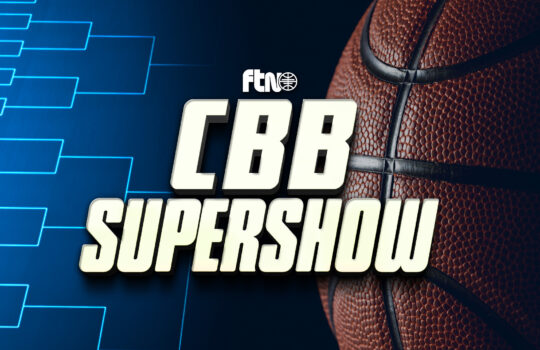

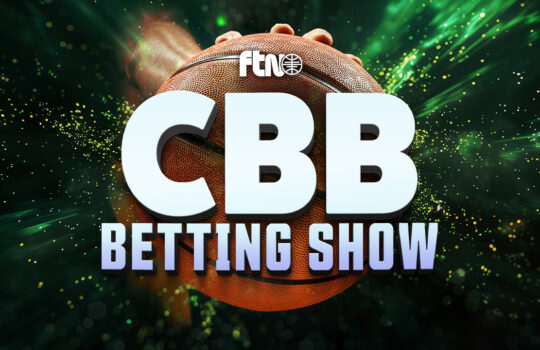




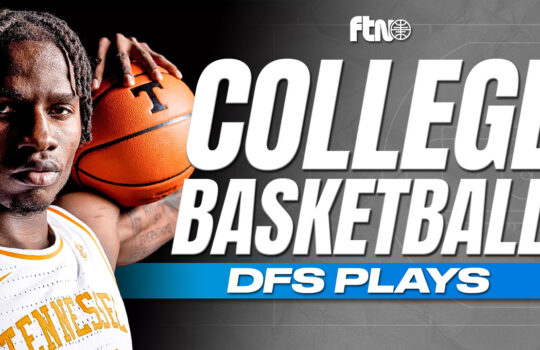





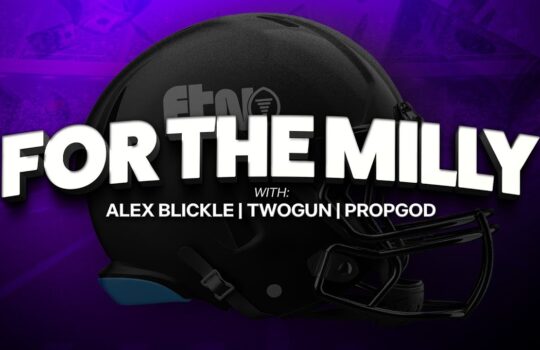










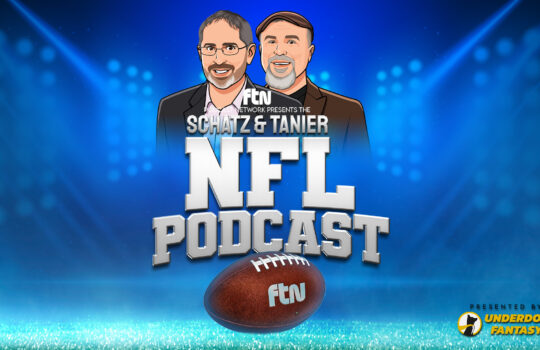









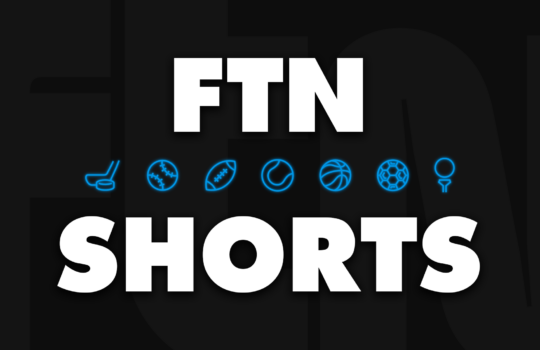
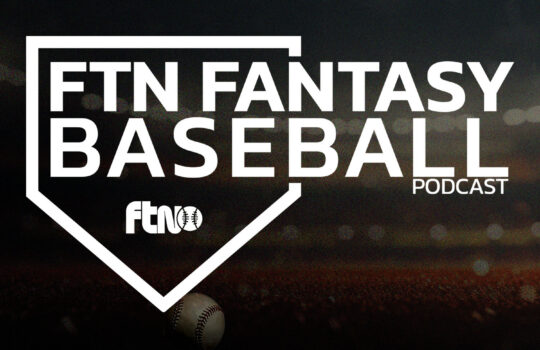



 New York Jets
New York Jets  New England Patriots
New England Patriots 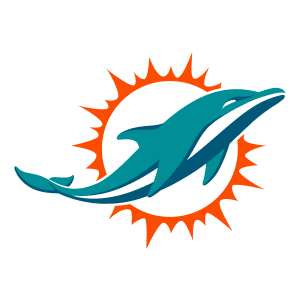 Miami Dolphins
Miami Dolphins  Buffalo Bills
Buffalo Bills  Pittsburgh Steelers
Pittsburgh Steelers  Cleveland Browns
Cleveland Browns  Cincinnati Bengals
Cincinnati Bengals 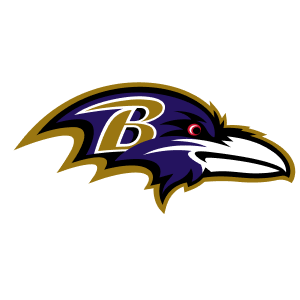 Baltimore Ravens
Baltimore Ravens 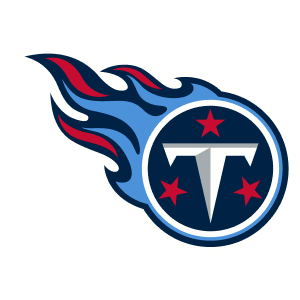 Tennessee Titans
Tennessee Titans  Jacksonville Jaguars
Jacksonville Jaguars  Indianapolis Colts
Indianapolis Colts  Houston Texans
Houston Texans  Las Vegas Raiders
Las Vegas Raiders 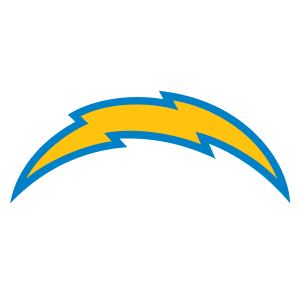 Los Angeles Chargers
Los Angeles Chargers  Kansas City Chiefs
Kansas City Chiefs 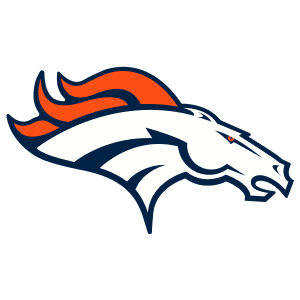 Denver Broncos
Denver Broncos  Washington Commanders
Washington Commanders  Philadelphia Eagles
Philadelphia Eagles 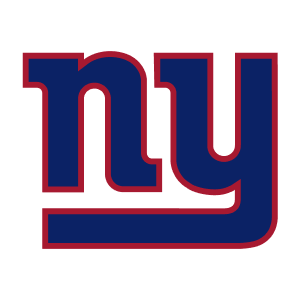 New York Giants
New York Giants  Dallas Cowboys
Dallas Cowboys  Minnesota Vikings
Minnesota Vikings 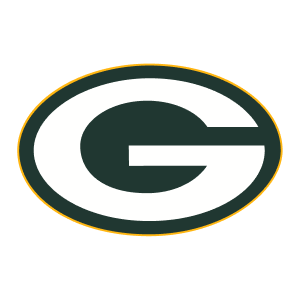 Green Bay Packers
Green Bay Packers 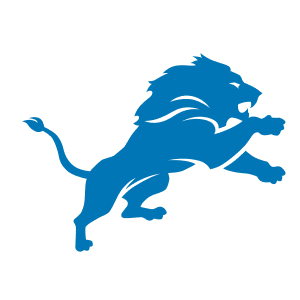 Detroit Lions
Detroit Lions 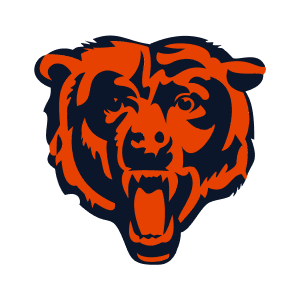 Chicago Bears
Chicago Bears 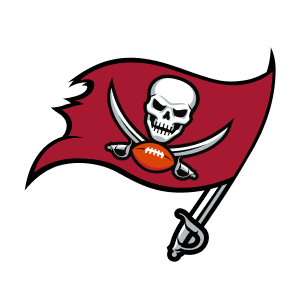 Tampa Bay Buccaneers
Tampa Bay Buccaneers  New Orleans Saints
New Orleans Saints 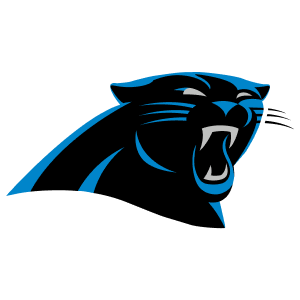 Carolina Panthers
Carolina Panthers 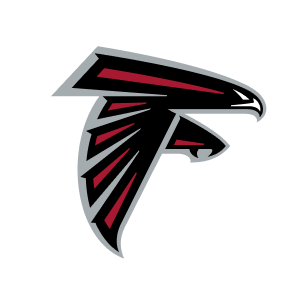 Atlanta Falcons
Atlanta Falcons  San Francisco 49ers
San Francisco 49ers 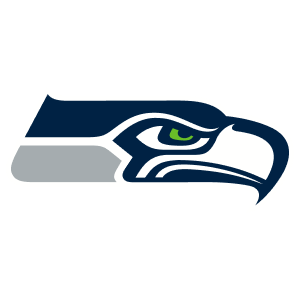 Seattle Seahawks
Seattle Seahawks  Los Angeles Rams
Los Angeles Rams 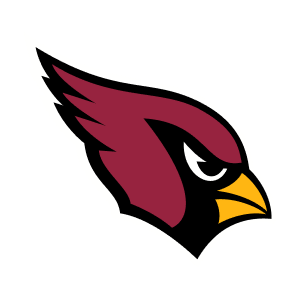 Arizona Cardinals
Arizona Cardinals 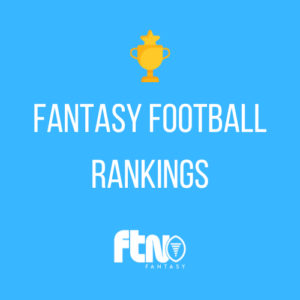
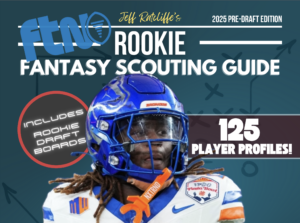
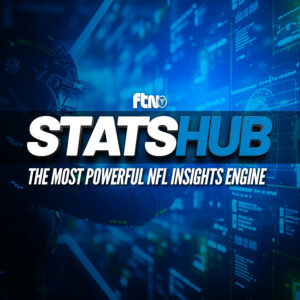
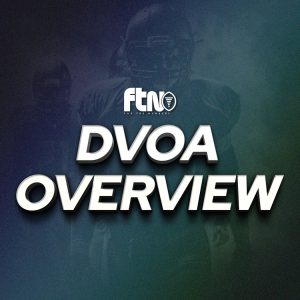
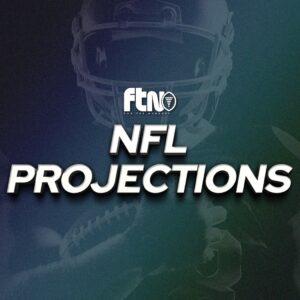
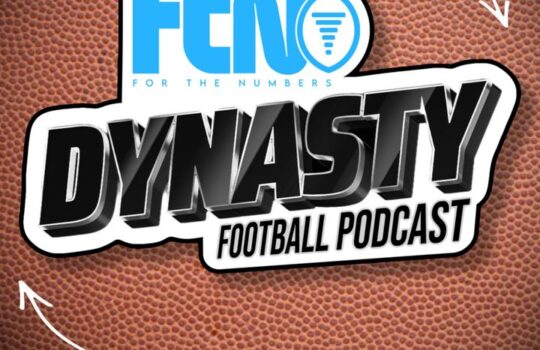
 Boston Celtics
Boston Celtics  Brooklyn Nets
Brooklyn Nets  Philadelphia 76ers
Philadelphia 76ers  New York Knicks
New York Knicks  Toronto Raptors
Toronto Raptors  Chicago Bulls
Chicago Bulls  Detroit Pistons
Detroit Pistons  Milwaukee Bucks
Milwaukee Bucks  Cleveland Cavaliers
Cleveland Cavaliers  Indiana Pacers
Indiana Pacers  Orlando Magic
Orlando Magic 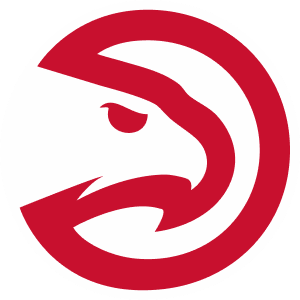 Atlanta Hawks
Atlanta Hawks  Charlotte Hornets
Charlotte Hornets  Miami Heat
Miami Heat  Washington Wizards
Washington Wizards  Denver Nuggets
Denver Nuggets 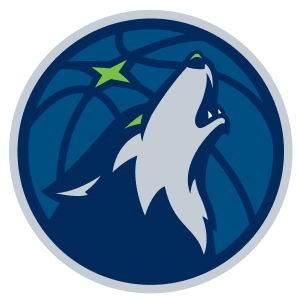 Minnesota Timberwolves
Minnesota Timberwolves  Oklahoma City Thunder
Oklahoma City Thunder  Portland Trail Blazers
Portland Trail Blazers  Utah Jazz
Utah Jazz  LA Clippers
LA Clippers  Golden State Warriors
Golden State Warriors  Los Angeles Lakers
Los Angeles Lakers  Phoenix Suns
Phoenix Suns  Sacramento Kings
Sacramento Kings  Dallas Mavericks
Dallas Mavericks  Houston Rockets
Houston Rockets  Memphis Grizzlies
Memphis Grizzlies  New Orleans Pelicans
New Orleans Pelicans  San Antonio Spurs
San Antonio Spurs 

